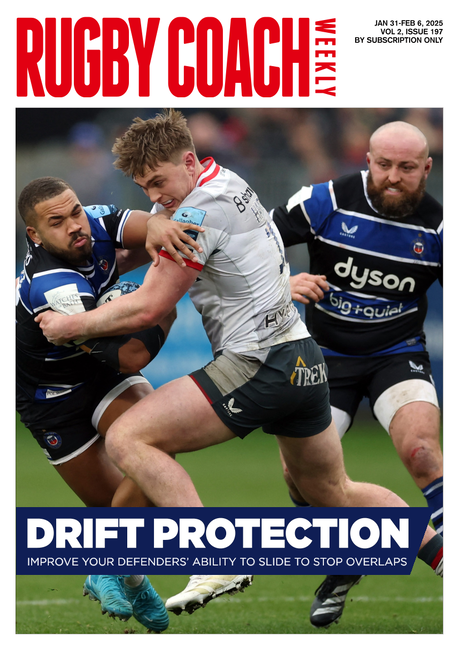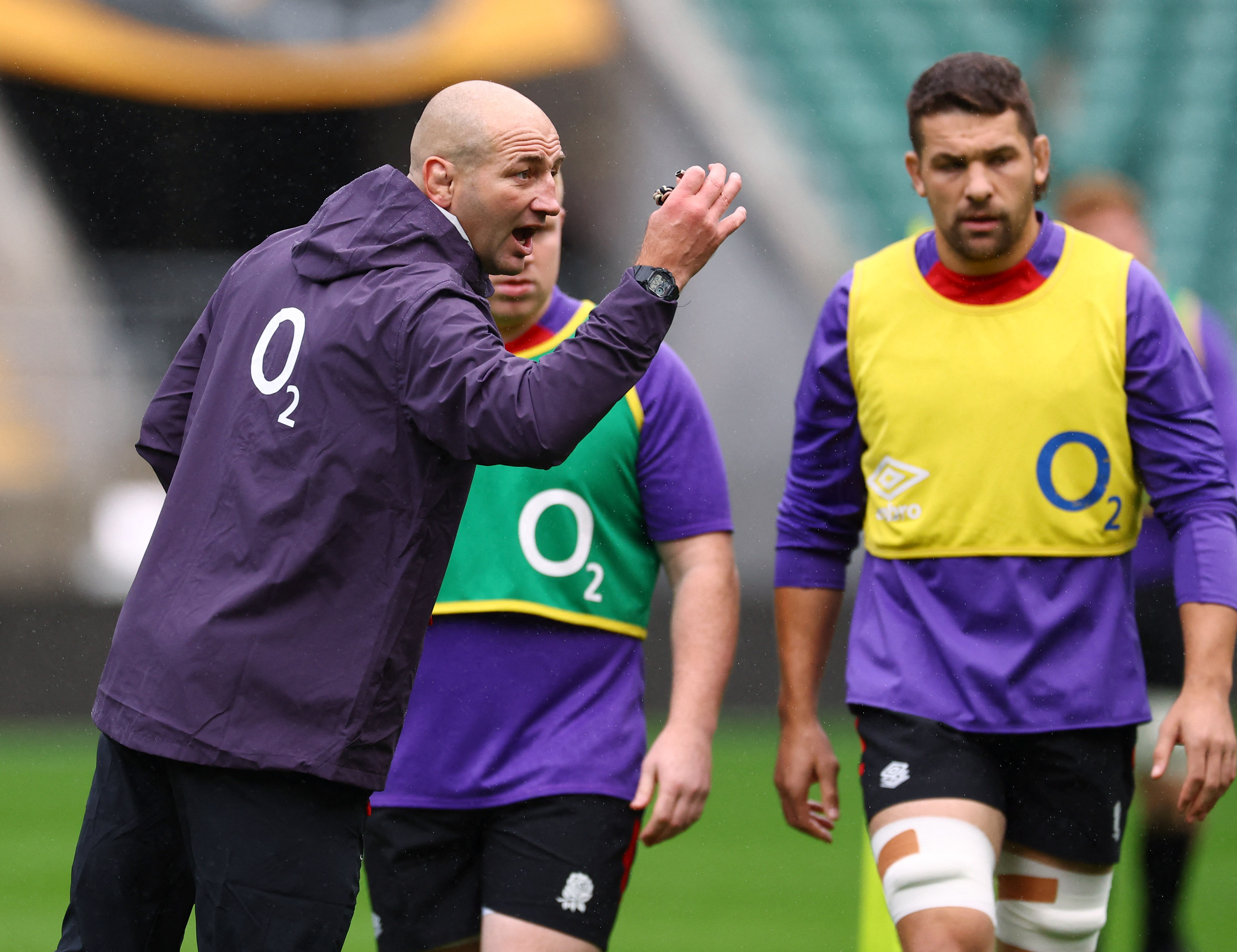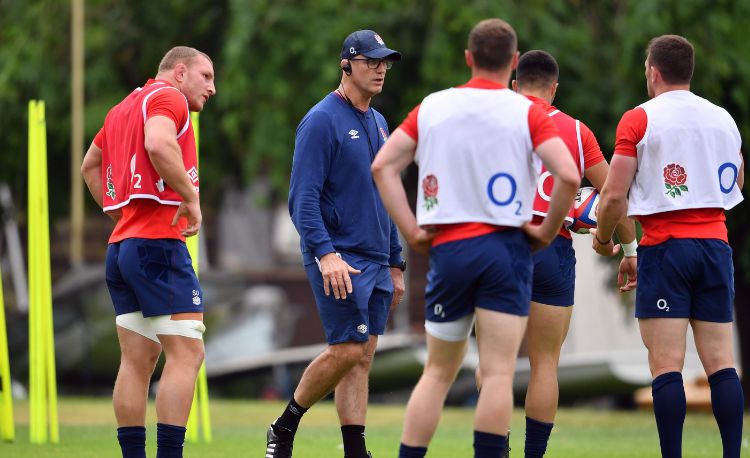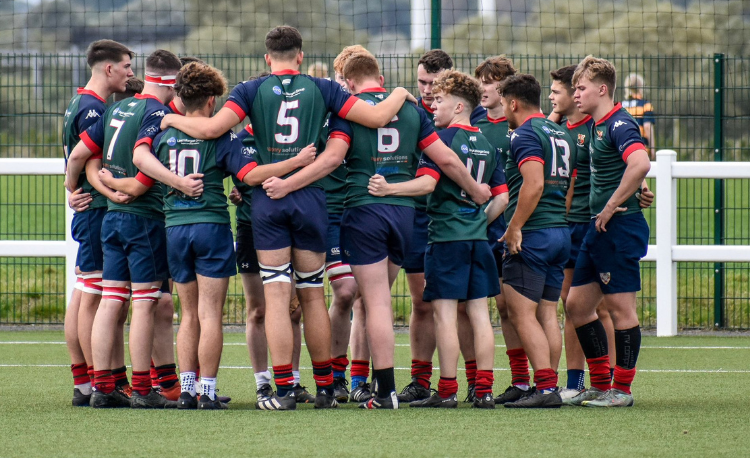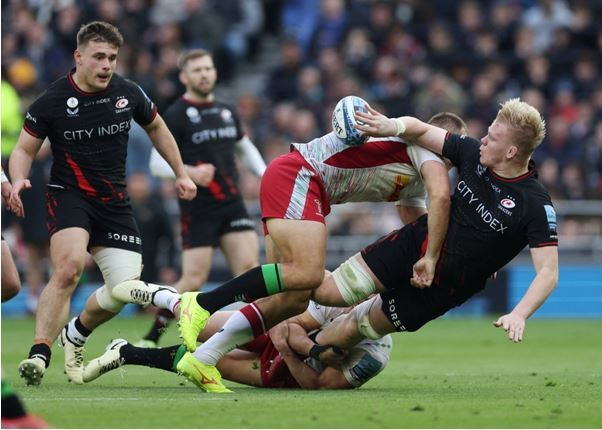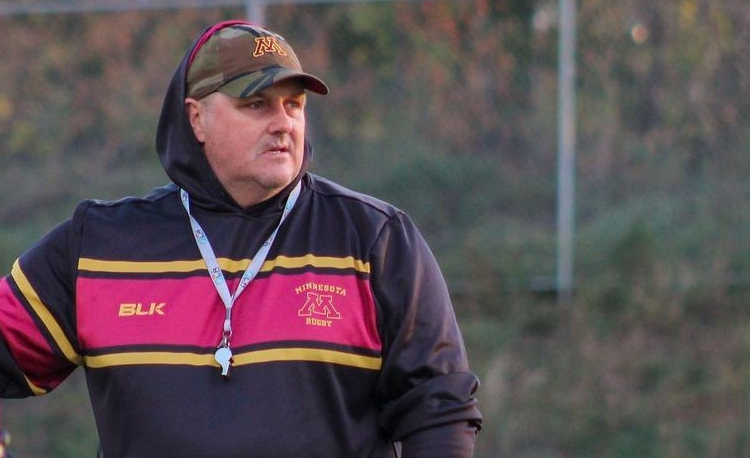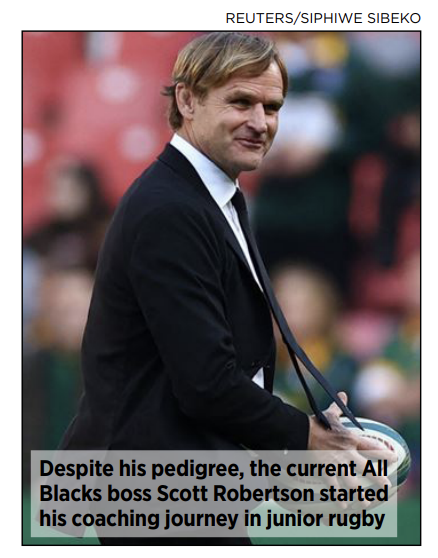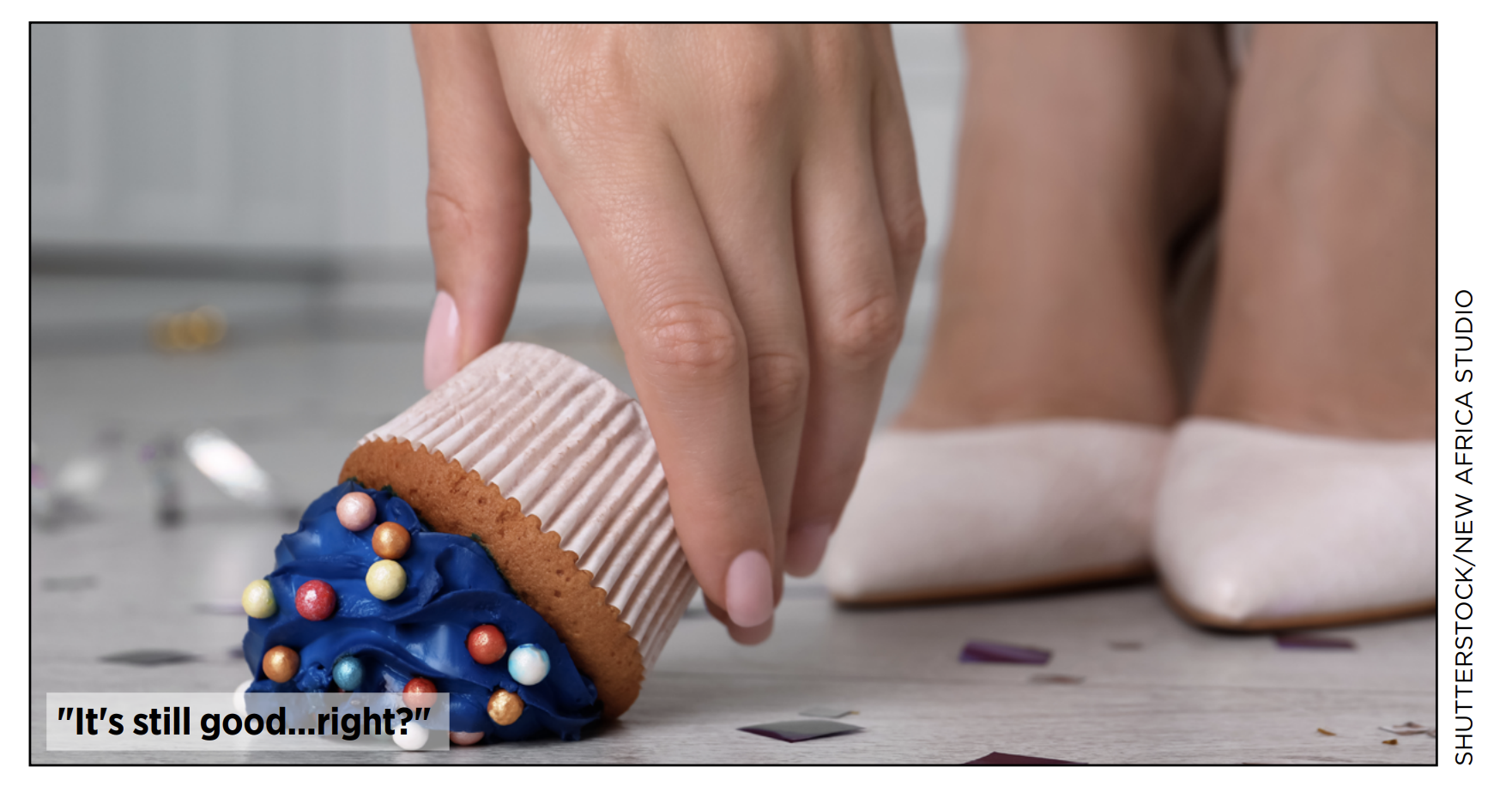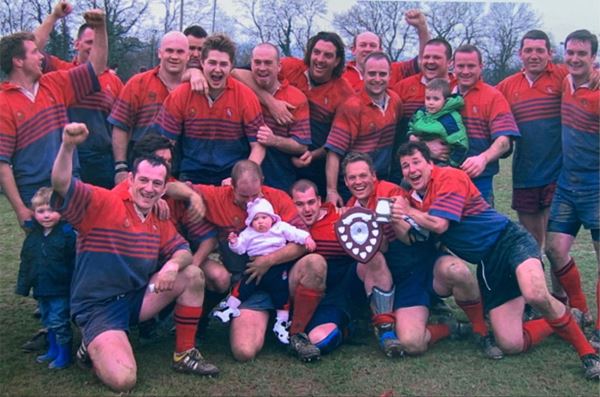Rugby coaching tips to get better team performance
When you're preparing your rugby team to play, it's useful to have built up personal protocols or acceptable ways of doing things.
Before the start of the rugby season, these protocols should be agreed upon by the team and the management. Although they are not “laws”, the consequences of breaking each protocol should be made clear.
For instance the effect on team morale. Here is a set of protocols you might want your team to follow:
Pre match protocols
- Hydration protocols – when we are going to drink water, how much and from where, for example, at least three gulps every five minutes.
- Mental preparation – the set rugby drills or tactics to use to get our minds ready for the game (see box below).
- Physical preparation – working through a timeline of warm-up drills to the start of the match. We paste up the rugby drill timeline in the changing room, so everyone knows where they need to be.

Rugby drills for pre-match physical preparation
We have a set physical routine of rugby drills, which includes something that has at least one element of all the game. Speed, handling, contact, half pace moves/lineouts/scrums and defence grids will all play a part in the drills.
These rugby drills will have been practised in advance and be part of the “way we prepare”. Each player will know what they will be doing 5, 10, 15 and so on minutes before the start of the game.
During the game
In terms of the protocols for game time, then it is focused on discipline: personal and team discipline to stick to our rugby moves and tactics and not to transgress outside the laws of the game.
If we have decided that we are going to be using short lineouts in between the 22m and halfway and drifting out in defence, then that’s what we play. We will do this until such time that we decide to change our rugby tactics. We train for half time.
This is a crucial time, and not just for recovering your energy, but for making sure that our tactics and methods are adjusted to the circumstances.
After the game
Protocols are very important after the game since they help aid good recovery. There is a warm-down rugby drill routine that includes jogging, stretching, contrast showers (hot and cold showers if you have access to them) and food.
The first thing we give our rugby players after the game is “jelly lollies,” but anything with a high sugar content will do. Of course the players need to drink lots of water.

Click here for more rugby coaching tips on how culture affects your players' teamwork.
If you would like to become a more successful, confident rugby coach, click here to subscribe to International Rugby Technical Journal.
Newsletter Sign Up
Coaches Testimonials

Gerald Kearney, Downtown Las Vegas Soccer Club

Paul Butler, Florida, USA

Rick Shields, Springboro, USA

Tony Green, Pierrefonds Titans, Quebec, Canada
Subscribe Today
Be a more effective, more successful rugby coach
In a recent survey 89% of subscribers said Rugby Coach Weekly makes them more confident, 91% said Rugby Coach Weekly makes them a more effective coach and 93% said Rugby Coach Weekly makes them more inspired.
Get Weekly Inspiration
All the latest techniques and approaches
Rugby Coach Weekly offers proven and easy to use rugby drills, coaching sessions, practice plans, small-sided games, warm-ups, training tips and advice.
We've been at the cutting edge of rugby coaching since we launched in 2005, creating resources for the grassroots youth coach, following best practice from around the world and insights from the professional game.


